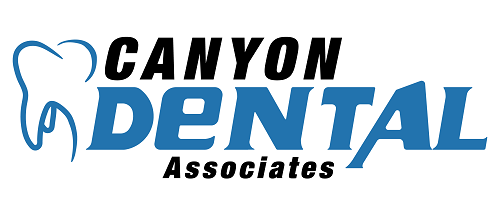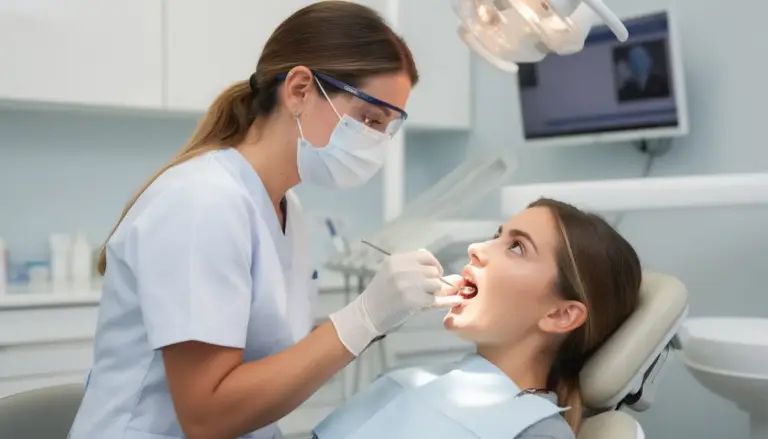Regular dental exams are a crucial aspect of maintaining good oral health. These exams not only help prevent tooth decay and gum disease but also provide an opportunity for your dentist to detect any potential issues early. In this blog, we’ll explore why routine dental exams are essential, what to expect during an exam, and how they contribute to your overall oral health.
What is a Routine Dental Exam?
A routine dental exam is a comprehensive evaluation of your oral health conducted by a dentist or dental hygienist. Dental hygiene is crucial in maintaining oral health, and regular exams help ensure that proper at-home care practices are being followed. These exams are typically recommended every six months and include a thorough inspection of your teeth, gums, and mouth. During the exam, your dentist will check for signs of tooth decay, gum disease, oral cancer, and other potential health issues.
Why Are Dental Exams Important?
Dental exams play a vital role in preventing and detecting oral health problems early. By attending regular exams, you can:
- Prevent Tooth Decay and Gum Disease: Regular cleanings and examinations help remove plaque and tartar buildup, which can lead to cavities and gum disease if left untreated.
- Detect Oral Health Issues Early: Early detection of issues such as tooth decay, gum disease, or oral cancer can lead to more effective and less invasive treatment options.
- Maintain Overall Health: Oral health is closely linked to overall health. Conditions like heart disease and diabetes have been connected to poor oral hygiene. Regular exams help monitor and maintain your oral health, which can positively impact your overall well-being.
Additionally, scheduling your dental exams on time can help you avoid additional fees associated with late registrations or missed appointments.
What to Expect During a Dental Exam
During a dental exam, several key steps are involved to ensure a thorough evaluation of your oral health:
- Review of Medical History: Your dentist will begin by reviewing your medical history and any changes in your health since your last visit. This includes discussing any new medications, health conditions, or concerns you may have.
- Visual Examination: The dentist will conduct a visual inspection of your teeth, gums, and mouth. They will look for signs of tooth decay, gum disease, and other potential issues.
- X-rays: Depending on your oral health, the dentist may take X-rays to get a more detailed view of your teeth and jawbone. X-rays help detect problems that are not visible to the naked eye, such as cavities between teeth, bone loss, or impacted teeth.
- Gum Health Evaluation: The dentist will examine your gums for signs of gum disease, such as redness, swelling, or bleeding. They may measure the depth of the pockets around your teeth to assess the health of your gums.
- Teeth Cleaning: A dental hygienist will typically clean your teeth, removing plaque and tartar buildup. This process, known as scaling, is followed by polishing your teeth to remove surface stains and give your smile a brighter appearance.
- Discussion of Findings: After the examination, your dentist will discuss their findings with you. They will explain any issues they have identified and recommend appropriate treatment options.
- Treatment Plan: If any issues are detected, your dentist will create a treatment plan tailored to your needs. This may include additional visits for fillings, deep cleanings, or other dental procedures.
The Role of Dental Exams in Preventive Care
Routine dental exams are an essential part of preventive dental care. By addressing oral health issues before they become severe, you can avoid more complex and costly treatments in the future. Regular exams also provide an opportunity for your dentist to offer tips and advice on maintaining good oral hygiene at home, further protecting your teeth and gums.
Dental Exams and Dental Schools
In some cases, dental exams can be performed at dental schools, where students, under the supervision of licensed professionals, provide these services. Dental schools play a crucial role in offering cost-effective dental exams, making them an affordable option for maintaining oral health while supporting the education of future dentists.
Conclusion: Schedule Your Routine Dental Exam Today
Routine dental exams are vital for maintaining a healthy smile and overall well-being. By scheduling regular exams, you can prevent dental issues, detect problems early, and ensure that your oral health is in top condition. Don’t wait until you have a dental problem to visit your dentist—schedule your routine exam today and take a proactive step towards a healthier smile.


